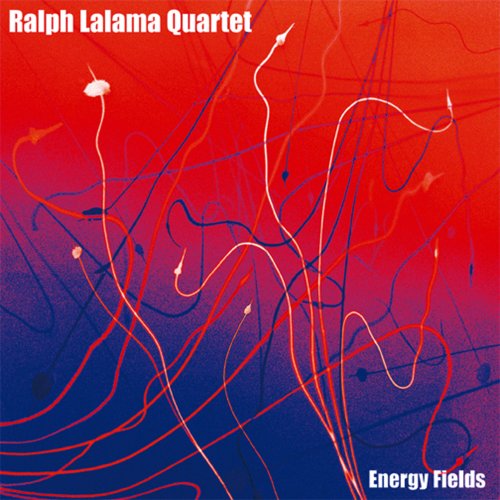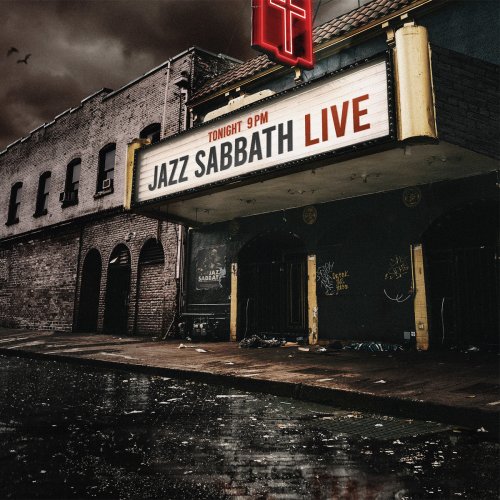Kronos Quartet - Terry Riley: Salome Dances for Peace (1989)
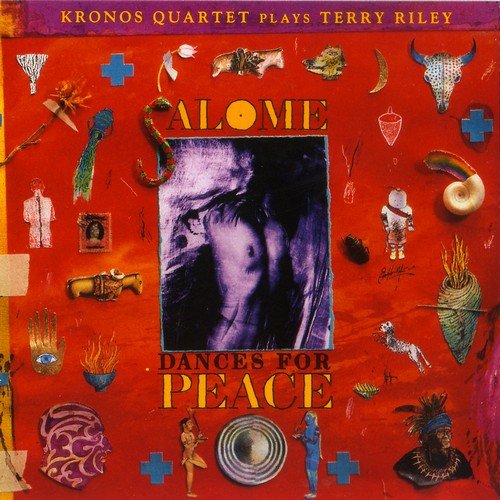
Artist: Kronos Quartet
Title: Terry Riley: Salome Dances for Peace
Year Of Release: 1989
Label: Elektra Nonesuch
Genre: Modern Classical
Quality: APE (image+.cue,log,scans)
Total Time: 01:58:32
Total Size: 529 Mb
WebSite: Album Preview
Tracklist: Title: Terry Riley: Salome Dances for Peace
Year Of Release: 1989
Label: Elektra Nonesuch
Genre: Modern Classical
Quality: APE (image+.cue,log,scans)
Total Time: 01:58:32
Total Size: 529 Mb
WebSite: Album Preview
I. Anthem Of The Great Spirit:
1. The Summons (4:57)
2. Peace Dance (11:01)
3. Fanfare In The Minimal Kingdom (4:29)
4. Ceremonial Night Race (4:43)
5. At The Ancient Aztec Corn Races Salome Meets Wild Talker (2:02)
6. More Ceremonial Races (0:50)
7. Oldtimers At The Races (3:48)
8. Half Wolf Dances Mad In Moonlight (8:16)
II. Conquest Of The War Demons:
9. Way Of The Warrior (5:08)
10. Salome And Half Wolf Descend Through The Gates To The Underworld (4:36)
11. Breakthrough To The Realm Of The War Demons (2:37)
12. Combat Dance (3:53)
13. Victory, Salome Re-Enacts For Half Wolf Her Deeds Of Valor (0:43)
14. Discovery Of Peace (3:37)
15. The Underworld Arising (10:10)
III. The Gift:
1. Echoes Of Primordial Time (11:15)
2. Mongolian Winds (4:17)
IV. The Ecstasy:
3. Processional (2:10)
4. Seduction Of The Bear Father (3:11)
5. The Gathering (5:41)
6. At The Summit (5:23)
7. Recessional (2:06)
V. Good Medicine:
8. Good Medicine Dance (13:27)
Performers:
KRONOS QUARTET
David Harrington, violin
John Sherba, violin
Hank Dutt, viola
Joan Jeanrenaud, cello
Admirers of Terry Riley's work, including his earlier string quartets, may not be prepared for Salome Dances for Peace. In reviewing his two-disc Gramavision Cadenza on the Night Plain five years ago, I noted that the shorter and earlier quartets included in the compilation seemed warm-up pitches for the title piece. Now it seems Cadenza was the last warm-up and the game has just begun in earnest.
The scope of Salome is epic. I refer not only to its length but also to its international eclecticism, range of moods and textures, and programmatic ambition.
That program is so bizarre and the music so much more engrossing that I'll merely note (1) the work treats a redeemed Salome's mission to establish peace in our time, 2000 years after her own, and (2) you should keep the program (ably detailed in Michael Swed's liner notes) out of your way until at least the second hearing.
One of the ironies of the term Minimalism is its denotation of works not only of this and greater length but incorporating a maximalism of stylistic influences. The syncretism of John Adams may be the most striking example, but Salome makes clear allusions to Turkey, Tibet, and Mongolia along with native-American music (and mythology) and native American music like jazz. The result is a unique musical voyage in five acts rather than movements, divided without break into—and on CD accessed as—twenty-three programmatic sections. The wildest of these, “Half Wolf Dances Mad in Moonlight,“ which refers to an American Indian shaman (though it sounds equally like Riley's Celtic blood inspired to boiling), was released previously on Kronos's excellent Winter Was Hard and surprised me at the time. On the opposite metabolic extreme “Echoes of Primordial Time“ reveals Riley at his most meditative and is at least equally engrossing in its starkness.
I've played this set over several weeks. I'm still not sure somehow what to make of it, assuming anything is to be “made,“ but on an emotional level I suspect it will find a place among the most respected works not only of Riley but of contemporary American music. The superbly nuanced playing of Kronos will do nothing to hurt its chances, nor will the obvious care taken with the project by Nonesuch.
This review feels inadequate. If you like canonic counterpoint or simulated shawms, hard rock or Trappist monasteries, you are hereby warmly invited to Salome Dances for Peace. -- Edward Strickland
The scope of Salome is epic. I refer not only to its length but also to its international eclecticism, range of moods and textures, and programmatic ambition.
That program is so bizarre and the music so much more engrossing that I'll merely note (1) the work treats a redeemed Salome's mission to establish peace in our time, 2000 years after her own, and (2) you should keep the program (ably detailed in Michael Swed's liner notes) out of your way until at least the second hearing.
One of the ironies of the term Minimalism is its denotation of works not only of this and greater length but incorporating a maximalism of stylistic influences. The syncretism of John Adams may be the most striking example, but Salome makes clear allusions to Turkey, Tibet, and Mongolia along with native-American music (and mythology) and native American music like jazz. The result is a unique musical voyage in five acts rather than movements, divided without break into—and on CD accessed as—twenty-three programmatic sections. The wildest of these, “Half Wolf Dances Mad in Moonlight,“ which refers to an American Indian shaman (though it sounds equally like Riley's Celtic blood inspired to boiling), was released previously on Kronos's excellent Winter Was Hard and surprised me at the time. On the opposite metabolic extreme “Echoes of Primordial Time“ reveals Riley at his most meditative and is at least equally engrossing in its starkness.
I've played this set over several weeks. I'm still not sure somehow what to make of it, assuming anything is to be “made,“ but on an emotional level I suspect it will find a place among the most respected works not only of Riley but of contemporary American music. The superbly nuanced playing of Kronos will do nothing to hurt its chances, nor will the obvious care taken with the project by Nonesuch.
This review feels inadequate. If you like canonic counterpoint or simulated shawms, hard rock or Trappist monasteries, you are hereby warmly invited to Salome Dances for Peace. -- Edward Strickland
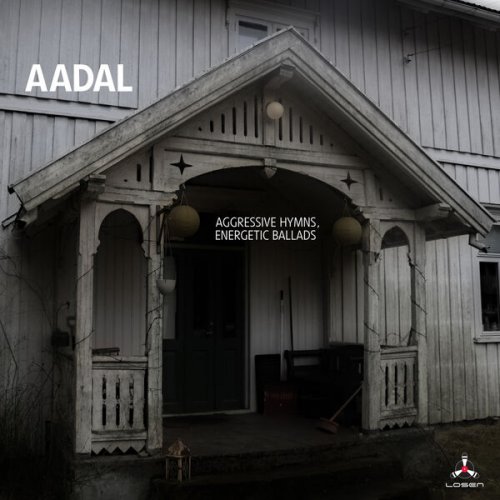
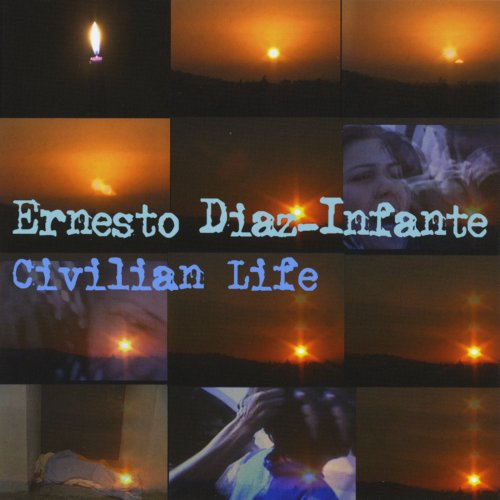
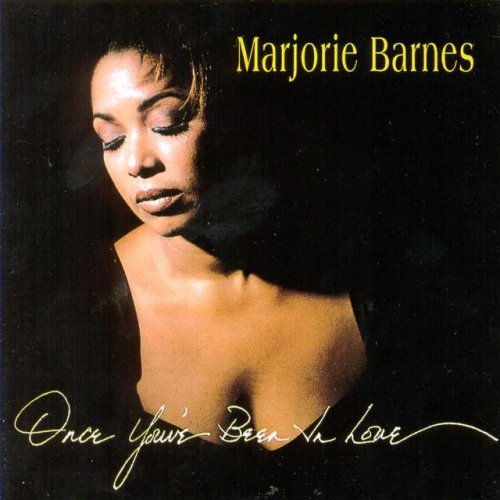
![Moonchild - Waves (2026) [Hi-Res] Moonchild - Waves (2026) [Hi-Res]](https://www.dibpic.com/uploads/posts/2026-02/1771498123_a3922124048_10.jpg)

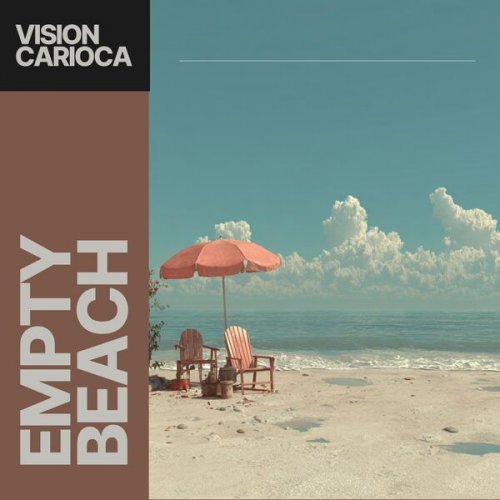
![The Three Seas - Antaḥkaraṇa (2026) [Hi-Res] The Three Seas - Antaḥkaraṇa (2026) [Hi-Res]](https://img.israbox.com/img/2026-02/19/uhghtg21m4gkq8nt8lyl1f5dq.jpg)
